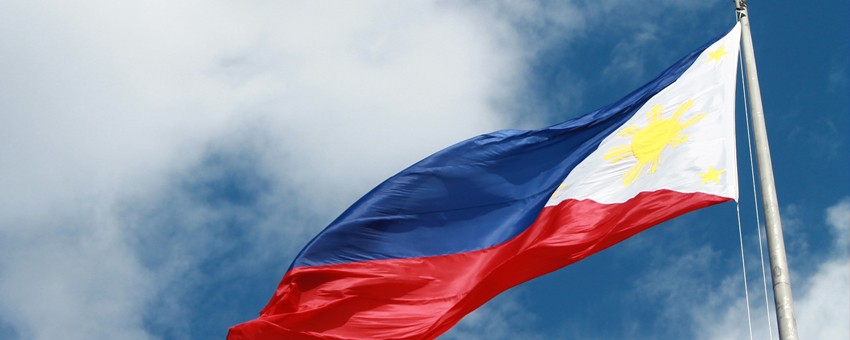
Local manufacturers of parts for electric vehicles will soon be eligible to avail of tax breaks, as they are listed as a priority beneficiary of fiscal incentives under the Corporate Recovery and Tax Incentives for Enterprises Act (Create) bill.
Trade Undersecretary Rafaelita M. Aldaba on Wednesday disclosed government policies and programs on the automotive industry are under review. This is to introduce changes that need to be incorporated considering the challenges posed by lockdown measures against the Covid-19 pandemic.
Further, Aldaba said the government has included numerous parts making activities in the Strategic Investment Priorities Plan (Sipp) under the Create bill.
The Sipp is a list of investment sectors that can avail of fiscal incentives to be granted under the measure once it is passed in Congress. Among others, it provides investors with income tax holiday, exemption from payment of import duties and fees, deduction in net operating losses, among others.
According to Aldaba, the list of parts making activities included in the SIPP are: auto electronics, advanced driver assistance systems, engineering services outsourcing, sensors, motors automatic transmission, metal casting, forging products, machining products, electric motor powertrains like battery, charging facilities and xEv.
Aldaba explained allowing parts makers to receive incentives will increase their productivity to the benefit of the local e-vehicle market. After all, government projections indicate there will be 6.6 million units of e-vehicles in the country by 2030.
Further, the government is reviewing the Motor Vehicle Development Program (MVDP) to include completed and intermediate vehicle products and part as among those that can be applied for incentives.
Aldaba said the amendment to MVDP will also remove barriers in investments, such as the nationality bias and minimum capital requirement. It will also shift the principles in the grant of incentives to the tune of the CREATE bill’s core: performance-based, time bound, fiscal capped and targeted.
“We have to realign our policies to help the automotive industry recover from the impact of the Covid-19 pandemic,” the trade official said in a webinar with European investors.
Based on records from the Association of Southeast Asian Nations Automotive Federation, the Philippines recorded the second largest decline in car sales in the Southeast Asia. From January to August, car sales in the country dropped 47.6 percent to 123,489 units, from 235,544 units during the same period last year.
Moreover, production of motor vehicles also slipped by nearly a third to 39,171 units, from 58,386 units.
By Elijah Felice Rosales
Source: Business Mirror